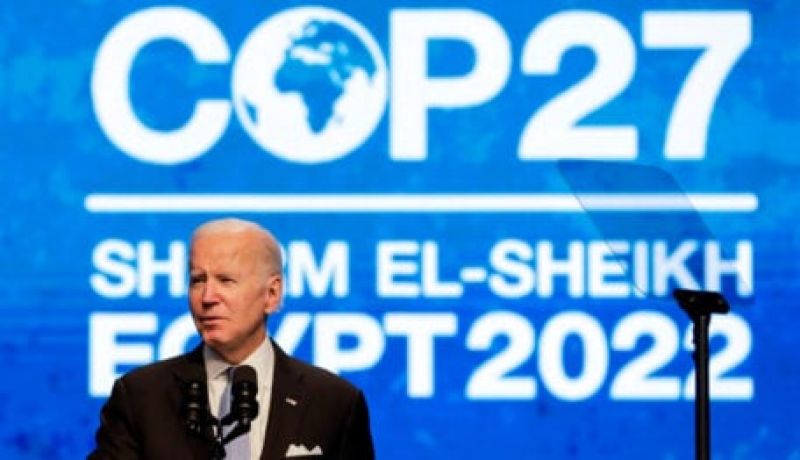Three Chinese corporations, two of which are state-owned, have recently won the lion's share of South Africa's coveted road construction contract.

South African President Cyril Ramaphosa responds to parliamentary questions. Three Chinese corporations, two of which are state-owned, have recently won the lion's share of South Africa's coveted road construction contract.
This prompts domestic local bidders to demand President Cyril Ramaphosa explain why they were passed over. Can their reaction be dismissed as a case of sour grapes, or do they have valid concerns?
South Africa: Ramaphosa is chastised as Beijing takes the lion's share of a significant road deal
Marianne Vanderschuren says, "We're trying to figure out how up to R6.65 billion ($588 million) in tender funds were awarded to foreign contractors."
For example, the South African National Road Agency, a state utility, canceled five eagerly anticipated tenders in May to modernize the country's major highway arteries and circulation bridges.
The five separate tenders were a critical component of President Ramaphosa's 100-day pledge to encourage stimulus deals to alleviate South Africa's crippling unemployment.
The South African National Roads Agency Limited claims that the tenders were corrupted. In addition, the authority claimed that the award committee's inclusion of an outside engineering consultant violated procurement regulations.

Four road tenders were re-floated in August and awarded on November 4th. Corruption or late-arriving advantage? "We have to suspect that something had to give," says Chris Campbell, chief executive of Consulting Engineers SA, a leading industry body.
Campbell was perplexed about how the winning bidders were so close to the lowest bidders in the previous canceled round and why there were massive price increases in materials due to geopolitical tensions.
"One can't help but be skeptical, and of course [wonder] if discounts were offered during the negotiation process that drove these prices down," he says.
Vanderschuren believes the winning Chinese companies were "latecomers" who gained an unfair advantage because the prices of the canceled tenders in May were made public.
"This could have influenced the bidding process," she claims. China's embassy, South Africa's Transport Minister Fikile Mbalula, Sanral, CCCC, CSCEC, and Base Major did not respond to emailed requests for comment from The Africa Report.
"There is no law in South Africa saying foreign companies cannot do business with us," Sanral spokesperson Vusi Mona said last week on a local radio station.
Jobs sent from China?
The possibility that Beijing's firms will ship labor and materials from China to complete the roadworks has sparked outrage among South Africa's supply chain companies and workers.
South African tender laws require at least 30% local materials and labor in such large-scale projects, according to Vanderschuren, who is skeptical that the South African government will enforce this requirement.
One can't help but be skeptical, and one has to wonder if any discounts were offered during the negotiation process. "In theory, up to 70% of the workforce could be foreign labor," she says.
"Many South African contractors and subcontractors have closed due to insufficient workflow." [This] could be exacerbated further if larger projects are awarded to foreign firms.
"According to the South African Reserve Bank, every million Rand spent in the construction industry generates between 1.7 and 2 formal jobs. However, Vanderschuren also said South Africa might be denied between 11,300 and 13,300 jobs due to the recently awarded bids.
She says that the composition of the recently awarded joint ventures and the potential cost and impact on the economy and all South Africans make her deeply saddened.
The power of Beijing
According to Dennis Juru, president of The Africa International Cross Borders Association, the road deals in South Africa are a massive coup for Beijing's financial diplomacy."
With this victory, China now has bragging rights in South Africa's state contracts, giving it an advantage over Western firms," he says. China will be South Africa's largest trade partner in 2021, with $21 billion in exports.
China is also an important export market for South Africa, which ships a million tons of coal to the world's second-largest economy each year.
Juru said this puts South Africa in a catch-22 situation because it cannot jeopardize its valuable economic ties with China by denying Chinese firms the opportunity to secure large state contracts.
The construction industry struggles
South Africa's $21 billion construction industry is now a shadow of what it was a decade ago, as reduced infrastructure spending has taken its toll. Heavy-armed criminal mafias claiming to be affirmative action groups are fueling the fire.
They hold hundreds of construction companies hostage, demanding money and forcing workers to abandon construction sites. Last week, it was revealed that 90% of South Africa's dams no longer meet safety standards under the current regime.
Campbell bemoans the South African government's inaction in the face of such dangers. "Our challenge is related to the procurement processes [and] competency of the public sector custodians of infrastructure delivery to implement the required infrastructure projects," he says.
He warns that corruption has severely harmed the public-private relationship in the last 12 years. But, according to Vanderschuren, South African companies can still manage infrastructure projects of any size or nature. They concluded by saying, "Our engineers must have first dibs."

